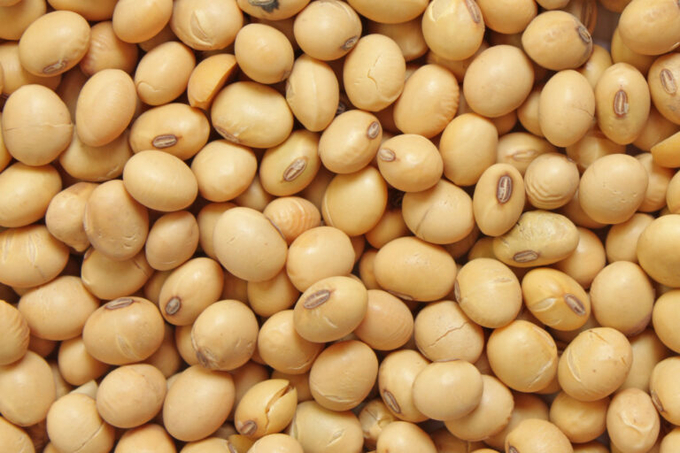November 25, 2025 | 23:20 GMT +7
November 25, 2025 | 23:20 GMT +7
Hotline: 0913.378.918
November 25, 2025 | 23:20 GMT +7
Hotline: 0913.378.918

This ban on GMO soy reportedly created a huge crisis in the poultry industry, as the major protein raw material for chicken feed suddenly became unavailable. Photo: Canva.
The National Biosafety Centre (NBC), a state regulator responsible for evaluating the potential risks of GMOs to human health and the environment, has officially authorised GMO soybean imports by granting import licenses to 39 companies. The decision follows months of fierce debates between government officials, business organisations, and farmers over GMO safety and the impact of the move on the country’s food supply chain.
A “crucial” move
The Pakistan Poultry Association (PPA) welcomed the move, describing it as crucial for maintaining steady protein supplies, especially after a prolonged ban on GMO soybean imports. However, the decision was criticised by several local business organisations, which expressed concerns about the potential impact on local agriculture and the environment.
In particular, the environmentalists claimed in a statement that it was made “without conducting local risk assessments required by Pakistan’s Biosafety Rules and the Cartagena Protocol, which calls for assessments to ensure the safety of GMO products for human health, the environment and local biodiversity”.
Several government agencies, including the Ecology Ministry, fiercely opposed the withdrawal of the ban.
Food industry crisis
Pakistan’s food industry sectors are facing a crisis, threatening food security, jobs, and international confidence in the country’s agricultural sector, Dr Vaqar Ahmed, joint executive director and head of the Sustainable Development Policy Institute, a think tank long advocating for the GMO ban removal, said in a statement in October.
Ahmed estimated that 42% of Pakistanis are malnourished, and a rise in poultry prices, the country’s key source of protein, could worsen the situation. He estimated that prices have surged to Rs350 (US$4.15) per kg, occasionally exceeding Rs500 (US$5.9), compared to just Rs175 (US$2) in early 2022.
The current crisis is believed to have been largely provoked by the GMO import ban imposed in October 2022, when an investigation revealed large and poorly controlled imports of GMO soybeans into the country. The GMO ban wreaked havoc on the poultry industry.
“This [GMO ban] created a huge crisis in the overall poultry industry, as the major protein raw material for chicken feed suddenly became unavailable. Broiler farmers started panicking and stopped placing chicks in their sheds. This translated to a huge drop in production,” Muhammad Salman Sabir, a local analyst, explained.
The Pakistan Poultry Association (PPA) warned that nearly 60% of poultry breeders in the country were affected by the crisis, with many going bankrupt. However, independent researchers believe the problem might be overblown. In 2023, the Pakistani poultry market decreased by 5.8% for the first time since 2015, ending a 7-year rising trend, IndexBox, a think tank, calculated.
(Poultryworld)

(VAN) Deputy Minister Nguyen Quoc Tri emphasized the determination to prevent violations at CoP20, sharing enforcement results and commitments to strengthen cooperation with the international community in the coming period.

(VAN) In addition to strengthening the relationship between schools and enterprises, the Aus4Skills project expands opportunities for female students and people with disabilities to work in the transport and logistics sector.

(VAN) Nghe An is preparing policy, technical, and resource steps to participate in the forest carbon credit market.
/2025/11/25/1648-2-110733_532.jpg)
(VAN) From 2011 to 2023, Ca Mau province lost approximately 6,200 ha of coastal land and protection forests due to erosion, threatening many residential areas, infrastructure facilities, and production zones.

(VAN) Quang Ngai holds strong potential for carbon credits but needs a clear legal and policy framework to secure sustainable revenue from this resource.

(VAN) With its diverse ecosystem, Phu Quoc National Park plays a vital role in environmental protection and biodiversity conservation and serves as the core zone of the Kien Giang World Biosphere Reserve.

(VAN) Cooperation activities under the Aus4Skills program focus on: logistics professional development, competency-based training and assessment (CBTA), leadership innovation, and digitalization.